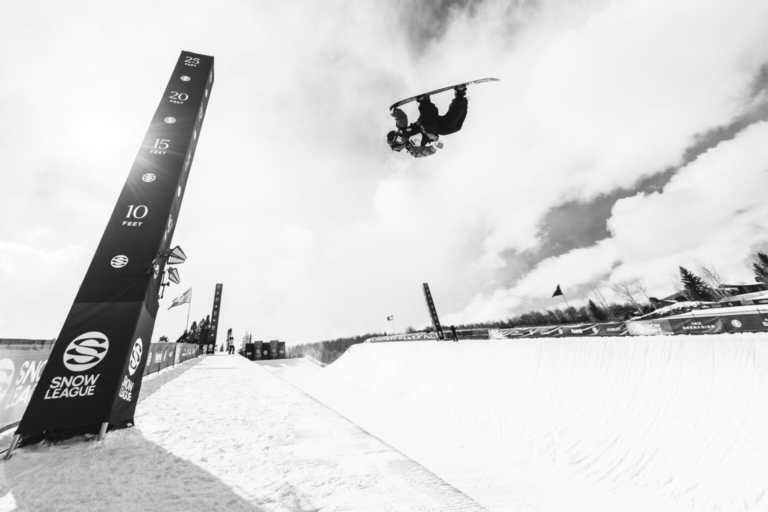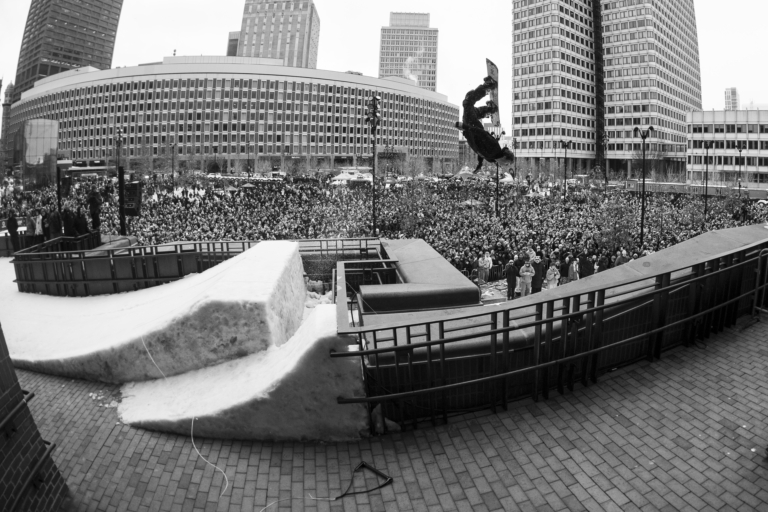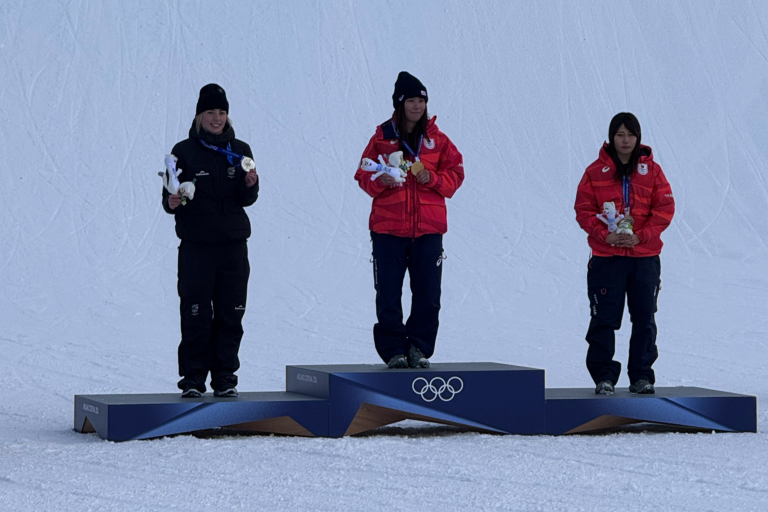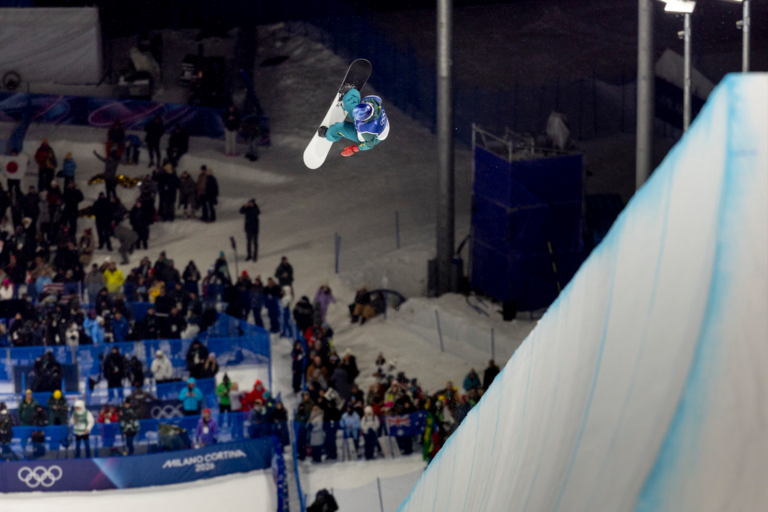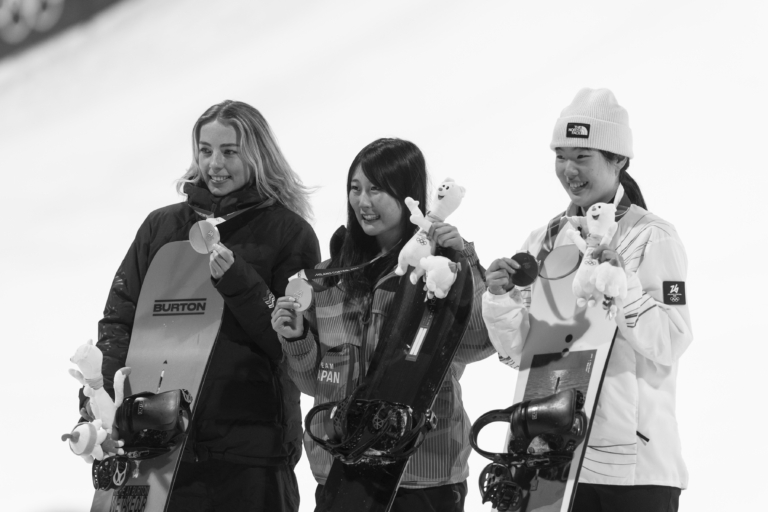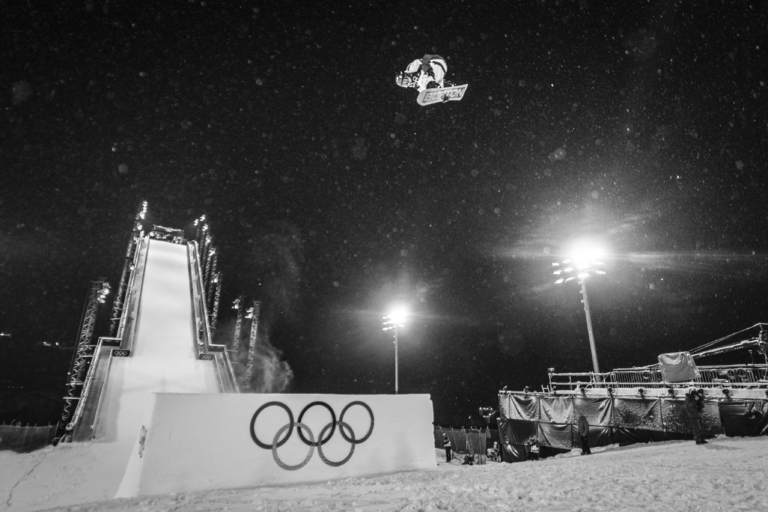[juicebox gallery_id=”9″]
Words: Phil Hessler
Special Thanks: South America Snow Sessions / SGT
Originally featured in Snowboard Mag Vol. 10, Issue 2 | The 10 Year Anniversary Issues
The western world was nothing more than a fantasy to Brolin Mawejje. When he stepped off the plane into the below freezing temperatures in Boston, MA, he immediately wanted to go back to Uganda. The cold air had a numbing effect on his extremities. The frost immediately bit at his fingertips and toes. Clenching a fist became painful. He looked past the steps onto the tarmac and saw a sprawling concrete landscape graced by a blanket of white snow. His teeth chattered and he tried to rub his arms with his palms to stop himself from shivering. Were his eyes playing tricks on him, or is that what a western metropolis really looked like? After navigating his way through what seemed like a dream (or what we call an airport), he found an unfamiliar woman waving her hands and calling out his name. He approached and she greeted him with open arms and told him that she was his mother. Unsure, Brolin acknowledged her response and proceeded to follow her into the taxi that would mark the beginning of his new life.
Brolin was awake, but thought he was still dreaming. He sat at the window and watched as white particles cascaded onto the glass. As he peered closer, the snowflakes revealed their dazzling properties. Brolin was intrigued. Fragile as a flower but jagged as a knife, the snowflakes stuck to that taxi window. He was curious and put his palm against the glass, but the cold bit at his skin and he quickly pulled back his hand. Fascinated by the beauty and the danger of this white crystal, Brolin spent his first weekend in America looking out a window mesmerized by what he saw.

I first met Brolin nearly eight years ago. Two days after immigrating to America, in January of 2004 he was enrolled in my fifth grade class. Fear and apprehension muddled his perception of the foreign environment he was placed into. As he walked through the pristine hallways with clean floors and shining lockers that lined the walls of our middle school, where am I and what am I doing here were questions that often passed through his mind. The unwelcoming eyes of his peers watched him as he tried to make sense of this new world. Hostile words were whispered behind his back, but Brolin was deaf to them. It took him a year to grasp the language and understand the torment he would be facing.
Brolin Mawejje, the youngest of seven, was born in Uganda on the outskirts of the capital city of Kampala. His childhood would be considered normal by Ugandan standards. Waking up at six o’clock every morning, he walked the five miles to school, an older sibling always on each side holding his hand. When times were hard and money was scarce, Brolin’s father could not afford to send him to school. This pattern continued throughout his childhood, and he spent time at seven different schools before he was a fifth grader. Even so, Brolin found an escape in education. It was a chance to focus his attention away from the problems at home and lose himself in the ever-expanding world of science and math. His father always told him that education was the key to a better life, and he appreciated every second he was able to spend in a classroom. His determination to perform was fueled by a fear to disappoint and the consequences that would follow.
Brolin often wondered where his mother was and what she was like. Why did he not remember her and where was she now? His relatives often told him that she was dead or had left, with no real specifics. But his mother always had her son in mind. She immigrated to America just after Brolin was born and worked as a nurse’s aid for 12 years. Her goal was to move her three children (Brolin and his two sisters as the rest of Brolin’s siblings came from different women), over to America. Out of the blue at the age of 12, Brolin was driven to the airport and told to get on a plane to America.
Comparable to an infant interpreting the world for the first time, all Brolin could do was attempt to make sense of all that was happening around him. As he began to comprehend English, he realized how hard it would be to integrate into American culture. He was an outlier in our school. His thick accent made him stand out, and he was ridiculed for it. No matter where he turned he could not find acceptance. Fear was all too common of a feeling in Uganda, but isolation was a new one. The loneliness had an intense effect on Brolin’s personality and emotions. Anger became his shield to hide behind. He was angry at his mother for leaving him, angry at the students who made fun of him, and angry at the teachers who could not understand him. Whenever he felt threatened, he reacted aggressively. The school administration became worried. They knew his mother worked all night and that Brolin would be alone for days at a time after school. They considered calling child services, but before that decision was made they suggested he get involved in athletics as an outlet for his emotions.
Always a competitor and always striving to be better, Brolin put all his aggression into sports. He quickly excelled in wrestling, soccer and lacrosse, but these sports only amplified his emotions. His skin became thicker and he would not let anyone get through to him. These sports took up time in the fall and spring, but Brolin’s first two winters were left empty. He spent his time enclosed by the white walls of his mother’s condo to protect himself from the cold. As a seventh grader, he was encouraged by the school to join an afterschool program that would take kids skiing and snowboarding.
Continue reading on the next page…

